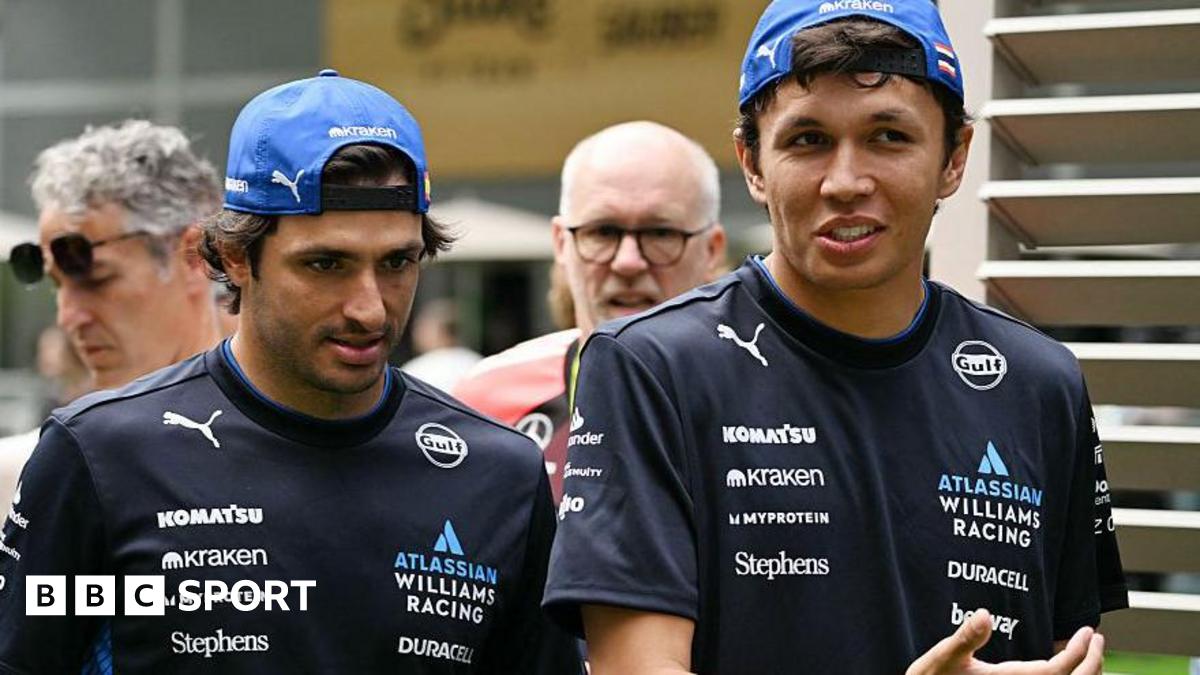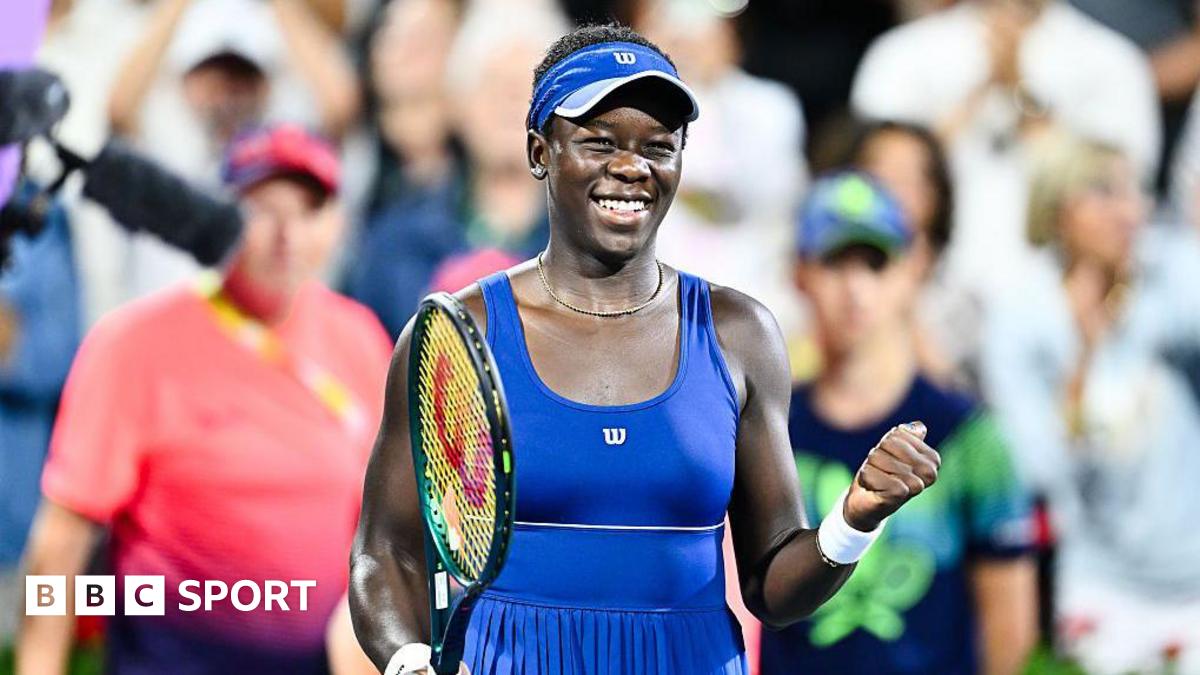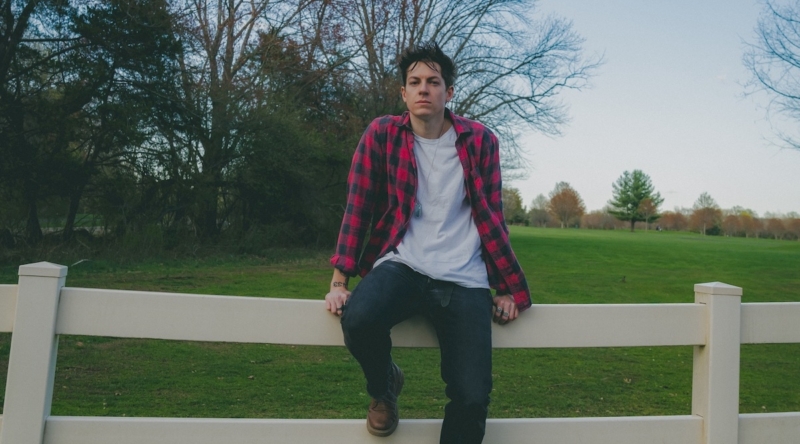Tommy WÁ’s open-hearted folk touches the soul


Signing with a label might be the main focus for many emerging artists, but when rising folk singer-songwriter Tommy WÁ first came to the UK in May 2024, he had his eyes on a different prize. “I didn’t come to the UK to get a record deal,” he laughs. “I just came to get a booking agent.”
That aim speaks volumes about the Nigerian-born musician’s love of playing live. He describes gigging as “something I’m crazy about”, and the chance to live in a country with an established live music industry is what pushed him to leave his home in Accra, Ghana. “I wanted to make the move and challenge myself to play UK shows and grow,” he explains.
WÁ got an early taste of what might be possible at his first London show on that initial UK trip, when he performed in the loft of a Kentish Town café. The 60-capacity room was filled with an attentive crowd of industry heads, family, and friends, who all watched on as the ambitious performer stood under a blue spotlight with just his guitar.
He got what he came for that night – a booking agent – but he left with much more. Just over a year later, he’s toured with Macy Gray and Oscar Jerome, played shows in Accra and Stockholm, and when he sits down with NME, has just appeared at Latitude Festival. Through it all and with industry buzz building, including signing to Dirty Hit, his aim remains the same. “I want to play quality shows,” he says. “I want to tear myself into pieces on stage.”
WÁ’s brand of folk honours the genre’s core tenets of storytelling and commentary, although he learned these from folk’s strange bedfellow: hip-hop. Both are genres rooted in oral tradition, testimony, and getting people to listen. “I used to be very envious of rappers because they could say all these things and put a lot of words inside four bars,” he says. He and his brother would mimic what they heard on their speakers; WÁ saw it was poetry.
As a teen, he taught himself guitar, reading political ramblings from his journal to a chord progression. He didn’t know at the time that what he was doing was music production. “I just knew that I was expressing myself,” he says. “I saw how rappers could do it with a voice and a reading. I just thought I would do it the same way.”
Later, while at university in Accra, WÁ started a side hustle as a documentary photographer, music a mere hobby. But after attending a gig in summer 2016, it became clear that music spoke to him a lot more. He went into a studio for the first time, kickstarting years of writing, recording and performing around West Africa. That period culminated in his 2023 debut EP, ‘Roadman And Folks’, a warm recording of friendship and reflection rooted in folk, its arrangements textured with highlife, soul and spoken word influences.
His second EP, ‘Somewhere Only We Go’, follows it up with layered harmonies and lyrics that read like diary entries. Opening track ‘Guitar Boy’ – a reference to Operation Guitar Boy, the code name for an attempted coup d’état in Ghana in 1967 – interpolates ‘Guitar Boy’, Nigerian musician Victor Uwaifo’s hit single from the ’60s. It’s an emotional, raw cry set to pretty acoustic guitar that sets up the record’s vulnerable essence perfectly.
“I want to show other kids in Africa that you can be whatever you want to be, express whatever sound you want to express”
At the opposite end of the record, ‘God Loves When You’re Dancing’ offers a hopeful affirmation written for a close friend – a dancer who, after a tragic accident, lost her dance partner and broke her hip. “Will she ever dance again? Will she ever move again?” WÁ wondered. He channelled that fear and love into the song, where each galloping guitar strum mirrors the hypnotic movements he manifests she will make again.
WÁ approaches recording with the same authenticity that he employs on stage, where he appears as “a purist – no synths, no backing track, just me”. Every harmony and backing vocal on ‘Somewhere Only We Go’ is his own. “My producer calls them my ‘Uncle WÁ voice,” he laughs. “The high ones are Granny WÁ. It’s all me.”
Perhaps doing things alone comes more easily to WÁ because of his West African origins, where hyperindependence is a necessity for emerging artists. “All the things we’ve done, we had to do by ourselves,” he explains. Before heading to the UK, WÁ had tried to make it in the music industry at home, but those in the business – and after time, WÁ himself – didn’t feel he could build a solid audience there.
“I never got a deal in Africa,” he says. “[People in the industry] said it was hard to push my stuff, and they didn’t know where to put it. I can accept their confusion.” He puts this attitude down to two things. “There’s a social engineering going on in Africa [that controls] the kind of music that the general population is allowed to hear,” he explains, referring to systems of censorship in some African countries that typically suppress content of a political, religious or anti-establishment nature.
Secondly, he cites a natural reluctance towards less upbeat music. “There’s people who are going through a lot of stuff,” he reasons. “Nobody wants to hear your pain. They just want to dance.”

He’s likely referring to past singles like ‘YAKOYO’, which means “come and be filled” – a request for his peers to stop feeding into political divisiveness, and dine in camaraderie. WÁ knows he isn’t the first West-African musician using their sound to voice socio-political commentary. He lists Fela Kuti, Ebenezer Obey, Sunny Ade, and contemporaries like Obongjayar as fellow artists who fought back against state indoctrination.
He specifically credits French-Nigerian artist Aṣa, whose work blends decolonial expression with an honest reckoning of the layered realities of growing up in a post-colonised nation. “If Aṣa didn’t exist, maybe I wouldn’t either,” he reflects. “She showed us it was possible to be Nigerian, soulful, and not boxed in.”
As WÁ continues to do things his way, he hopes to be a shining light for people back home. He suggests that artists who manage to break out of their local scenes and make an impact on an international level have a “collective responsibility to build venues in Africa that are quality and world standard”.
He wants to represent something on a more personal scale, too. “Other kids in Nigeria with a guitar, thinking they have to bend to what will be accepted, they can just look at my music, look at me, and know that they can express themselves,” he says. “I’m looking for the possibility to go all the way and show other kids down in Africa that you can be whatever you want to be, express whatever sound you want to express.” His story is proof, he acknowledges: “It is possible. Don’t get stuck.”
Tommy WÁ’s ‘Somewhere Only We Go’ EP is out on August 8 via Dirty Hit.
The post Tommy WÁ’s open-hearted folk touches the soul appeared first on NME.
What's Your Reaction?
 Like
0
Like
0
 Dislike
0
Dislike
0
 Love
0
Love
0
 Funny
0
Funny
0
 Angry
0
Angry
0
 Sad
0
Sad
0
 Wow
0
Wow
0




























































































